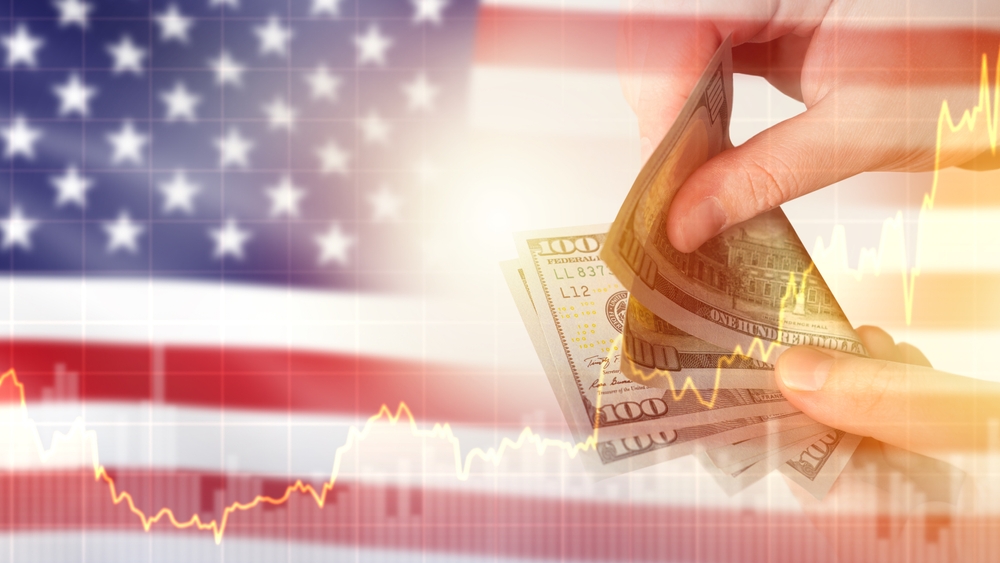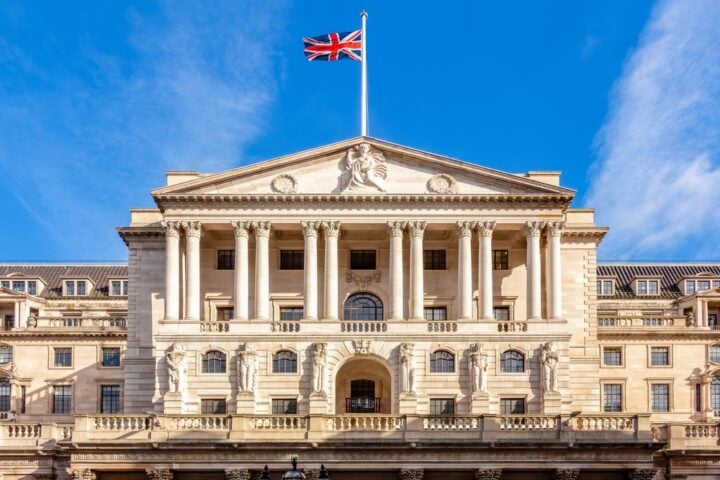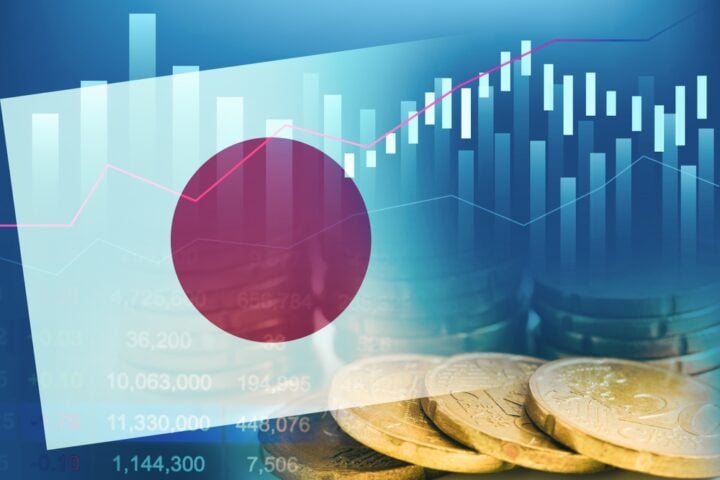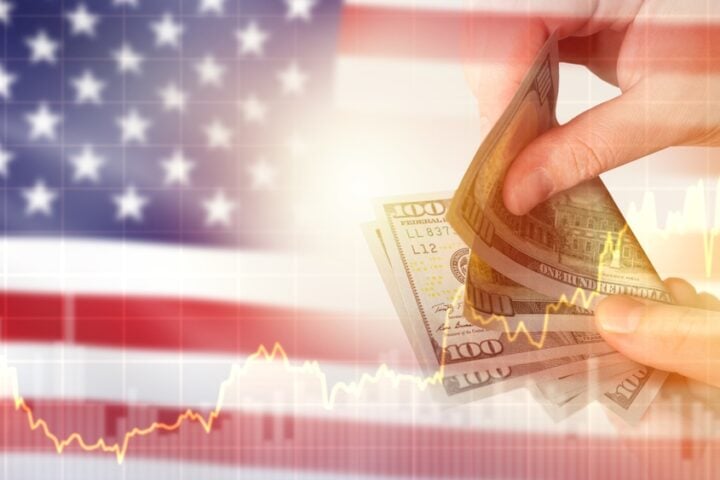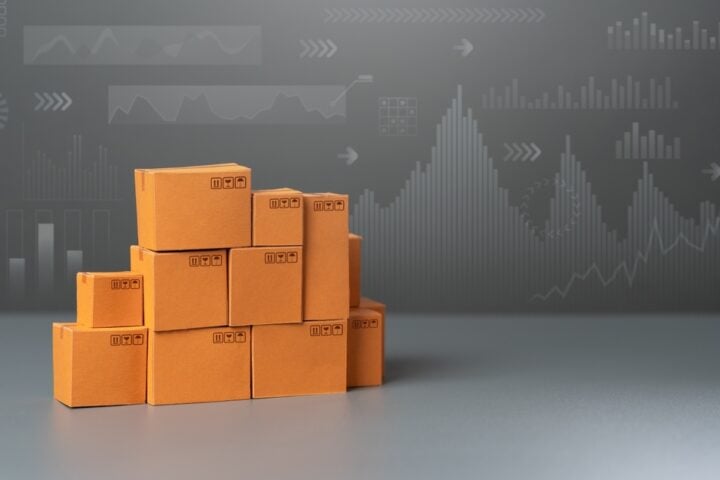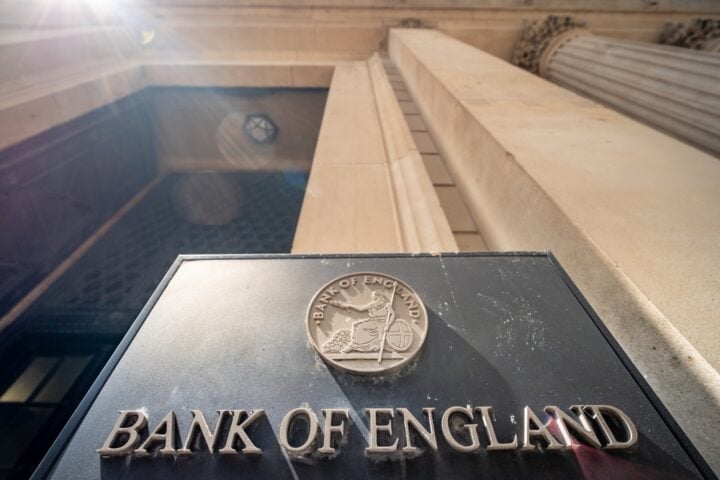As the U.S. gears up for a pivotal presidential election, inflation has quietly returned to normal levels, but it remains a top concern for many voters. According to a recent Ipsos poll, more than half of American adults cite inflation as their primary issue, surpassing concerns over immigration, crime, and abortion.
Though inflation has cooled significantly from its 2022 peak of about 9%, now hovering near the Federal Reserve’s target of 2%, many Americans still feel the sting of price increases. The lingering effects of rising costs over the last few years and a slow adjustment in household budgets have left consumers feeling like inflation is still high.
Consumer Perceptions Lag Behind Economic Data
Despite the drop in inflation, there’s a gap between consumer sentiment and actual economic figures. “Inflation is really something that takes people a long time to feel better about,” explained Chris Jackson, an Ipsos analyst, during an interview with ABC News. He noted that while the current inflation levels should be good news for Vice President Kamala Harris as the election approaches, a quicker recovery might have boosted her electoral chances even more.
This disconnect is partly due to the time it takes for consumers to adjust to new price levels. Even as certain household staples, such as gas, have dropped in price, and food costs are rising slower, the past two years’ cumulative effect has left many frustrated. Housing prices, on the other hand, continue to rise at a rate more than double that of other goods, further complicating the picture.
Housing Prices Continue to Weigh Heavily on Americans
While inflation has normalized in many sectors, housing remains a stubborn issue. The U.S. Bureau of Labor Statistics reports that housing prices are climbing at twice the rate of other price increases. This discrepancy is one reason why many Americans still believe inflation is higher than it actually is. Since 2021, prices have risen around 20%, making it easy to see why voters still feel the impact, even as inflation itself slows.
These frustrations could influence the upcoming election. Vice President Harris is contending with inflation concerns while facing off against former President Donald Trump, and economic sentiment will likely play a key role in voter decision-making.
Improving Sentiment Could Limit Election Fallout
Despite the ongoing concerns about inflation, there has been a slight improvement in consumer sentiment in recent months, which may help Harris’s chances in November. According to the University of Michigan’s consumer survey, overall attitudes toward the economy, though still below pre-pandemic levels, have shown some improvement. Whether this positive shift will be enough to counteract inflation-related discontent remains to be seen.
Experts have pointed out that political partisanship is heavily influencing how people perceive inflation. Conservative media consumers are far more likely to report not seeing price decreases than those who follow mainstream media outlets. This political divide highlights how economic perceptions are often shaped by party affiliation.
Inflation’s Role in the 2024 Election
As the election draws nearer, the economy, and particularly inflation, is expected to be a critical factor. Voters’ perceptions of inflation may well impact their choices at the polls, with some groups feeling the effects more acutely than others. Analysts agree that the election outcome could hinge on how well the candidates address these ongoing economic concerns.
Ultimately, the U.S. economy and inflation trends will likely be decisive factors in this year’s election as voters weigh their options in the face of persistent financial challenges.


